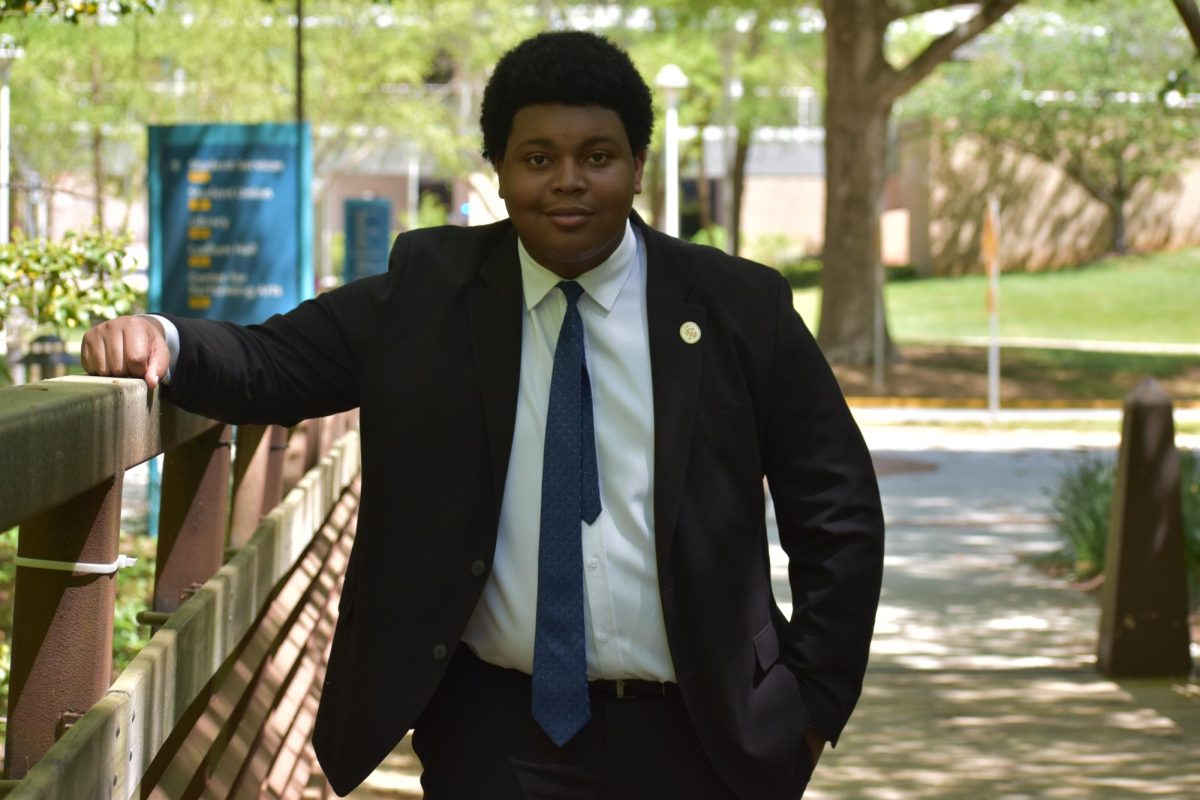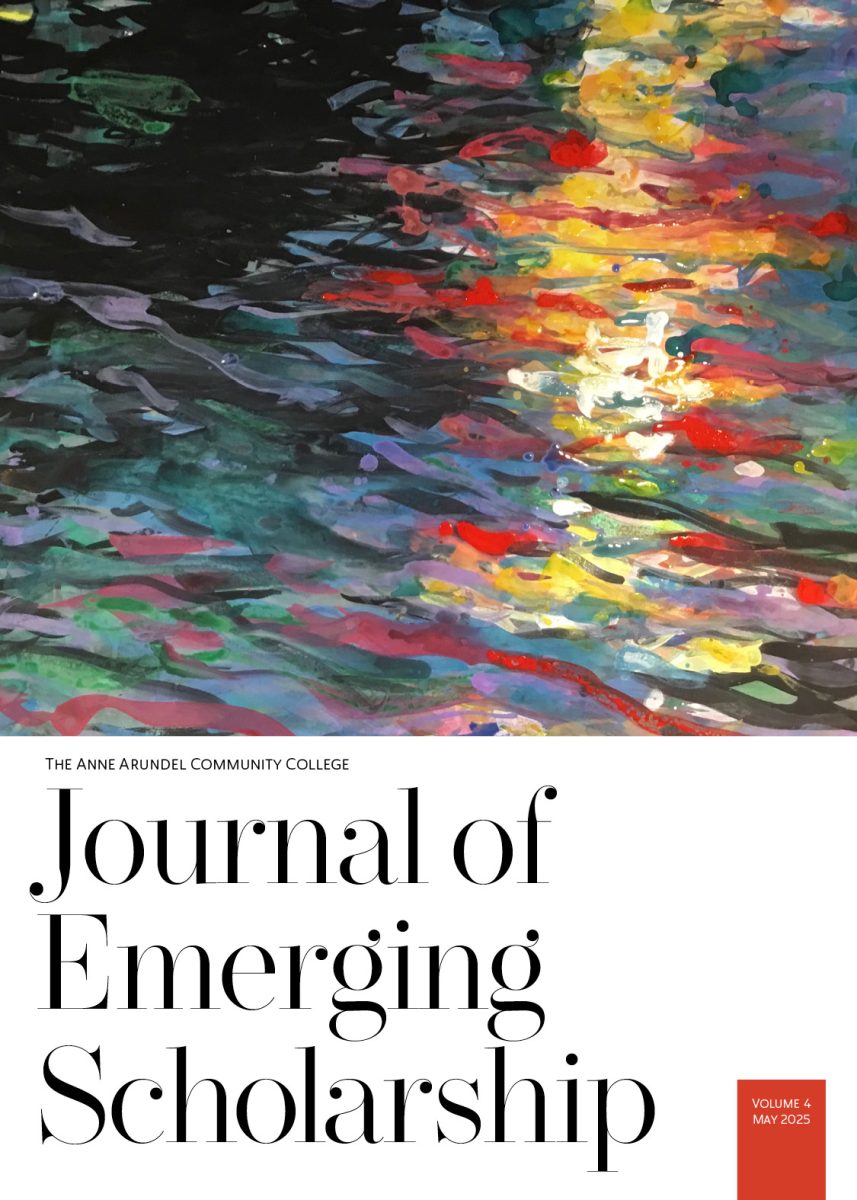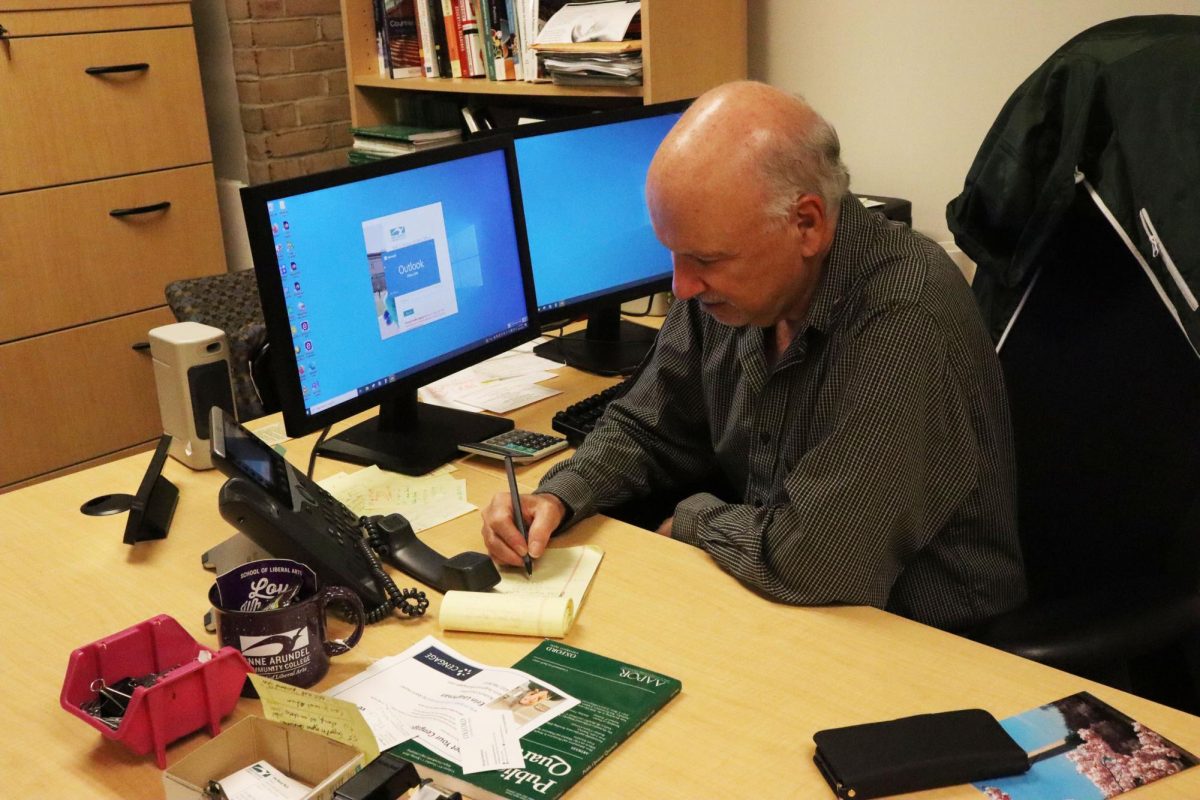More than half of AACC’s full-time faculty committed by the end of last semester to join the Riverhawk Educators United union.
The majority consensus means the full-time professors can move on to officially certifying the union, and then begin negotiating with AACC administrators.
“Reaching majority membership is a wonderful achievement,” math professor and REU representative Abby Brackins said in an email. “We believe that a union is the best way to achieve meaningful shared governance, protect our rights as workers, and enhance the quality of education for AACC’s students.”
The REU union is a local chapter of the Maryland State Education Association.
According to REU committee member Suzanne Spoor, 51% of full-time faculty had joined the union as of December.
“We are waiting until we have more support, because we know we’ll be a stronger union if we have more members,” Spoor, an English and gender studies professor, said. “We’ll probably go forward with 65%. … We especially want to make sure that we get members from every department.”
Spoor said the union plans to negotiate about four main categories: job security and tenure; workload and working conditions; compensation and benefits; and equitable, fair and just practices.
“We’re not unwilling to work hard or to make sacrifices, but we just want to make sure that we’re not getting burned out,” Spoor said. “Even the people who are really happy with their job exactly as it is recognize that there are colleagues whose workload is heavier or who are being asked to do things that aren’t explicitly stated in their contract.”
The union, Spoor said, will improve the entire college, not just work conditions for full-time faculty.
“Faculty are experts on our subject matter and we’re experts on teaching,” Spoor said. “So if our voices are not heard at the appropriate level for matters of the classroom, matters of curriculum, then students are disadvantaged.”
“We want to make sure that our voices get heard,” Spoor added, “so that students can have the full advantage of our knowledge and experience.”
In 2021, a vote in the Maryland Legislature allowed community college faculty and staff to unionize.















